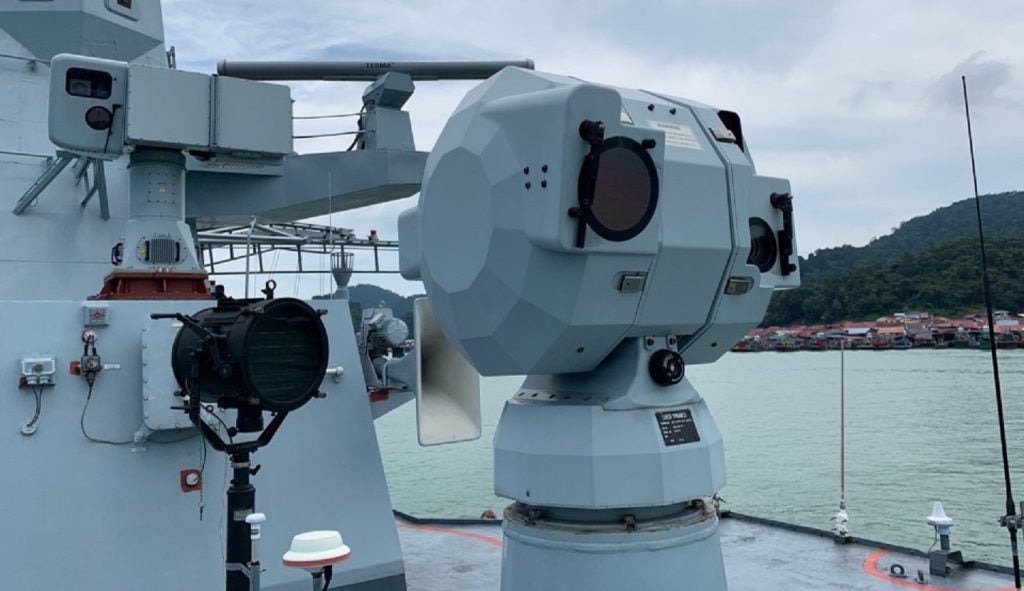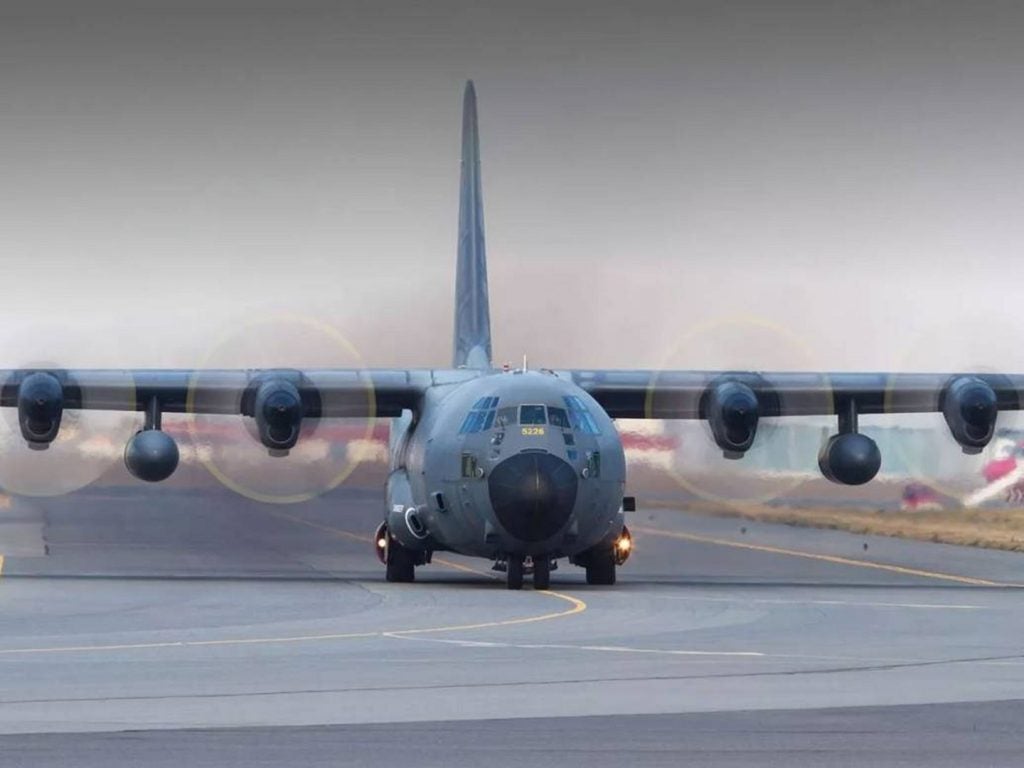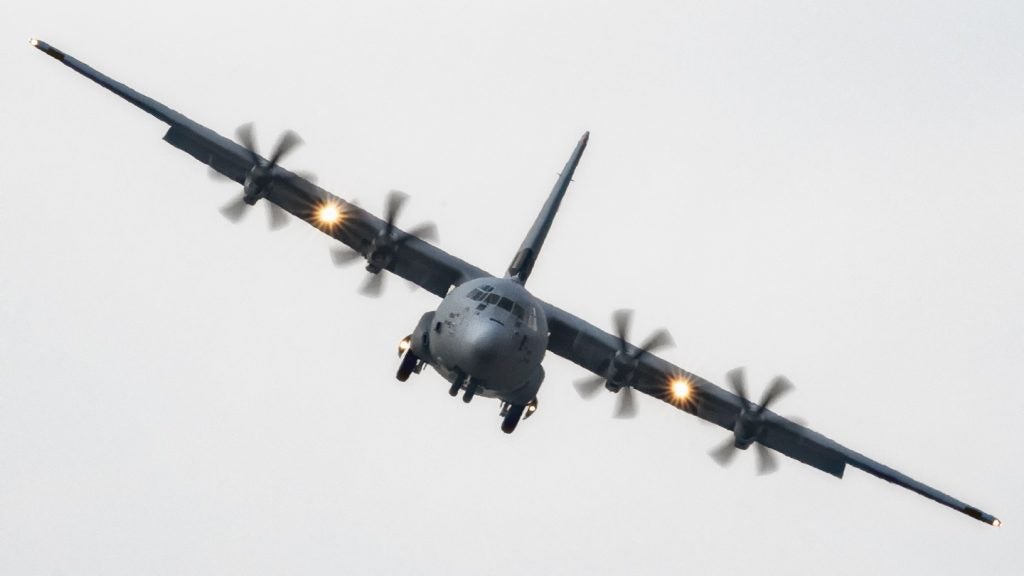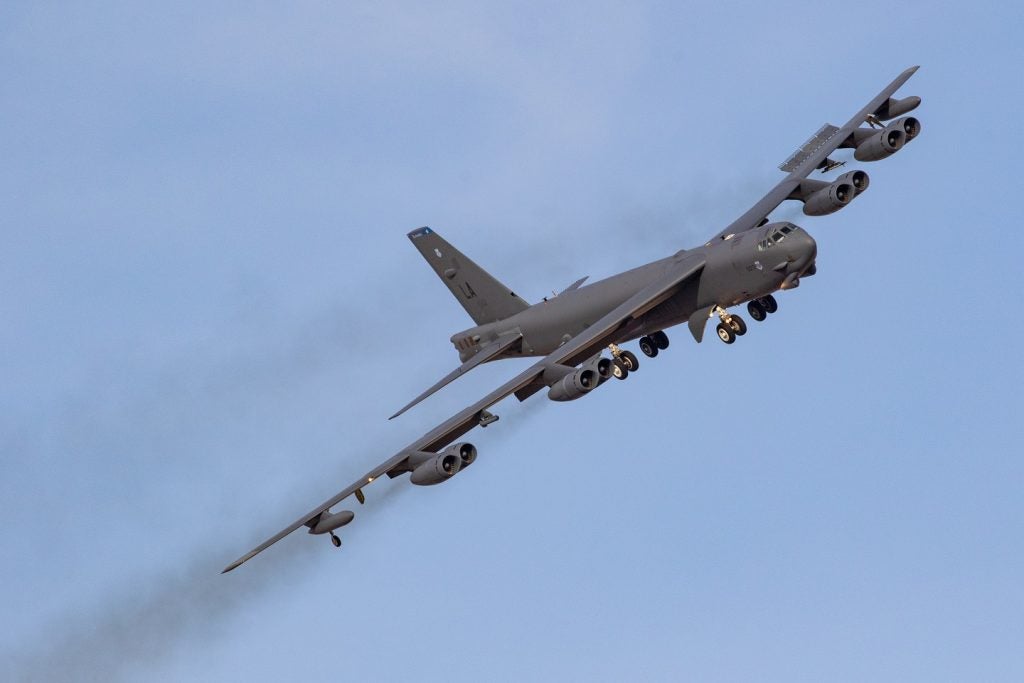The UK Defence and Security Accelerator (DASA) has launched a new competition seeking technologies that support the development of cooperative missiles.
DASA is running this themed competition, called ‘It’s Good for Missiles to Talk’, on behalf of the Defence Science and Technology Laboratory (Dstl).
Dstl has provided around £800,000 for Phase I of this competition to fund multiple proposals.
With this competition, the DStl aims to identify and develop technologies that enable missiles to cooperate with each other for completing shared objectives.
‘It’s Good for Missiles to Talk’ will explore the technical possibilities of using inter-missile communication and cooperative behaviours to solve the challenges faced by the UK military.
This new category of missiles will also be capable of communicating with each other and sharing situational awareness.
How well do you really know your competitors?
Access the most comprehensive Company Profiles on the market, powered by GlobalData. Save hours of research. Gain competitive edge.

Thank you!
Your download email will arrive shortly
Not ready to buy yet? Download a free sample
We are confident about the unique quality of our Company Profiles. However, we want you to make the most beneficial decision for your business, so we offer a free sample that you can download by submitting the below form
By GlobalDataThe latest competition covers four major challenge areas, namely distributed target detection and identification; data processing onboard and between missiles; enhanced navigation through cooperation and application of artificial intelligence (AI).
According to the DASA, the cooperative missile approach is potentially disruptive, as the technologies and sub-systems used in this missile system will be less complex than the existing designs while providing greater performance when working together.
In addition, cooperative missiles will help in identifying potential targets that are concealed or surrounded by trees, buildings and vegetation, making the process of identification and navigation challenging.
The new capability will also be beneficial in environments devoid of global navigation satellite services.







